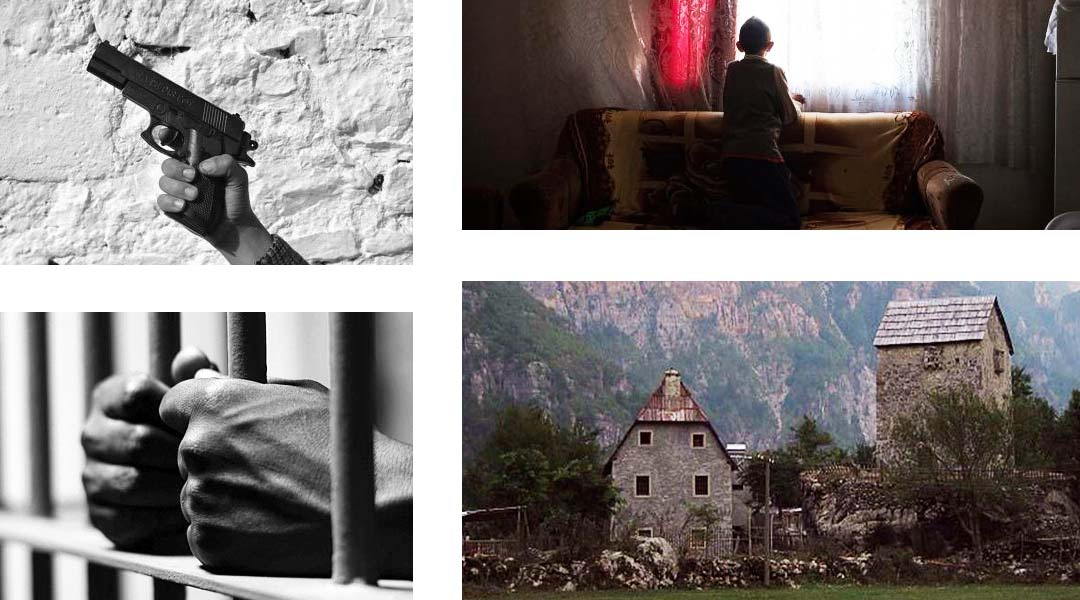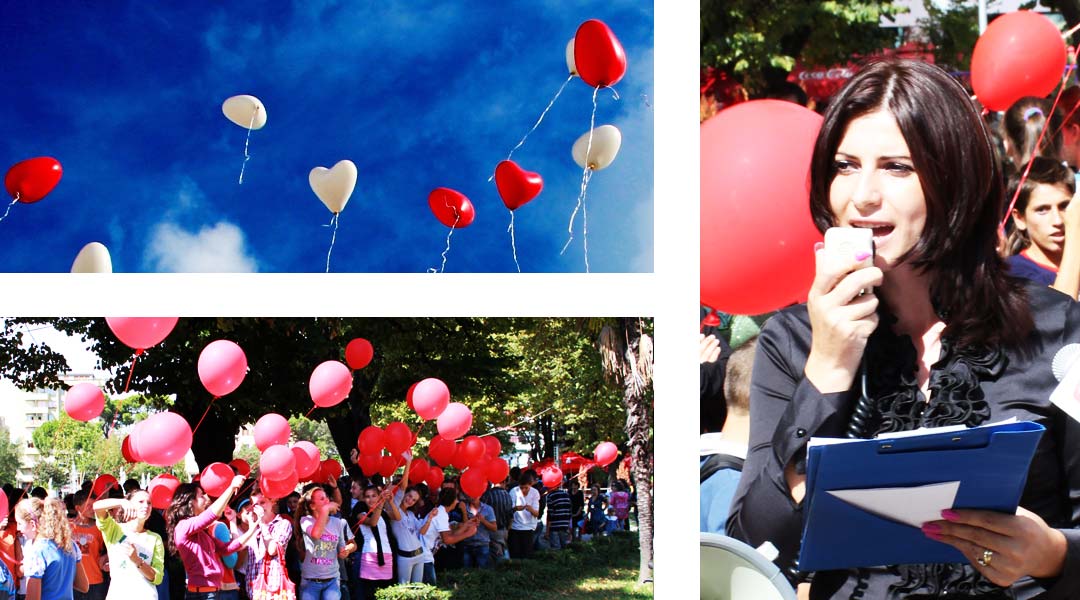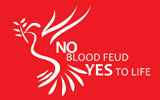
Blood feud is a medieval phenomenon which is still present in Albania for more than 500 years, since the Ottoman Empire. The law of blood feud is: “To commit a murder for another murdered person”. If a person is murdered, all the males of the murder’s tribe will be isolated at home, because the relatives of the murdered person will make revenge killing any men that they will find in the streets, no matter whether he is guilty or not. There are two characteristics that would make a person a target of blood feud revenge: 1. to be a male and 2. To be family member of the same bloodline of the first murderer. This is a phenomenon that walks on two crutches; honor and shame. It is based on Deuteronomy 21:24 that says: “An eye for an eye, a tooth for a tooth”, Blood must be payed with blood. In 90% of the cases the murderer is not killed, but he is left alive and the youngest and the best men of the tribe is chosen as a target, this is done in order to cause the deepest pain and the greatest shame to the murderer. Even if the murderer is sent into prison and he is given the exercises according to the Albanian justice system, this means nothing, as this phenomenon is never regulated with the Albanian Constitution, but with old canon called The Code of Leke Dukagjini, it is a parallel to the existent constitution. It is prohibited by this old canon or code to kill women, children and clerics.

Blood feud continues to be applied even today in Albania, especially in the northern areas. It has been violently suppressed during the communist dictatorial decades (1946-1990) and it exploded wildly and without any rules after the democracy era of the 90s. The return of blood feud phenomenon is accompanied by a denial practice of its fundamental principles codified in the Albanian canon, and these changes have worsened the situation. During the last decade 38 % of murders have had blood feud revenge as its motif, and in most cases the victim has been innocent. There are approximately 4000 victims that this phenomenon has taken only during the years of democracy in Albania. A study made recently shows that Albania has actually 704 families which are affected by this phenomenon, whereas 591 of them live in Albania and 113 of them have left the country. 69 families affected by blood feud stay isolated. Parents find it impossible to work, children have difficulties in attending school and their lives are slowly vanished inside the walls of their house.
